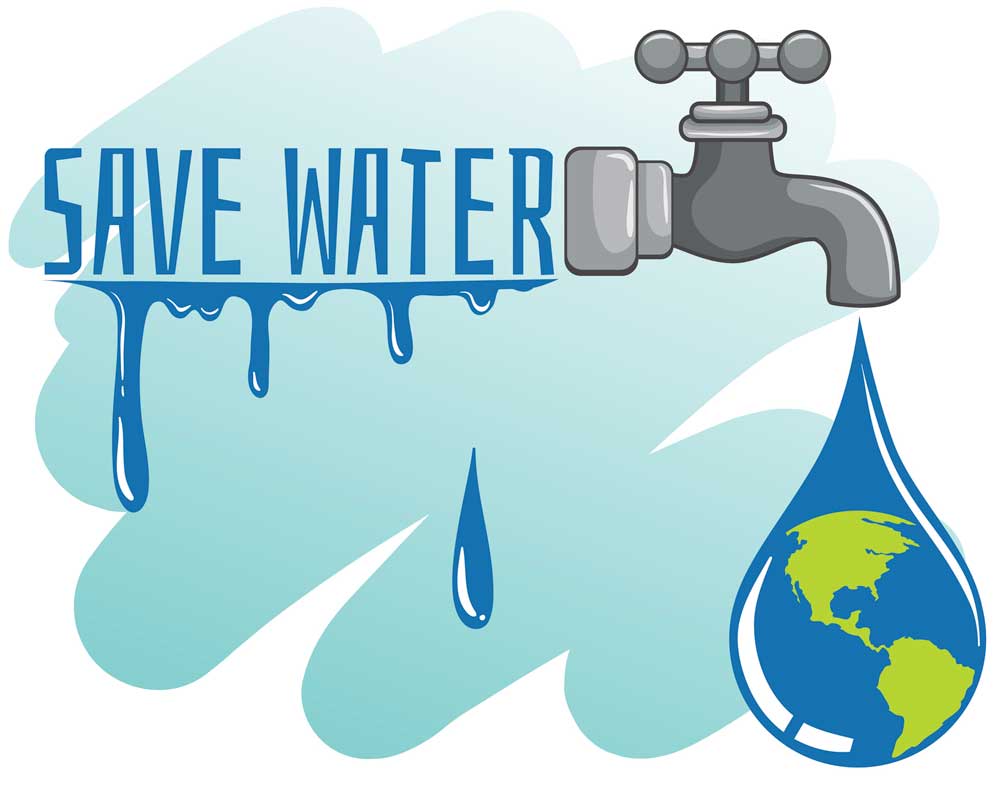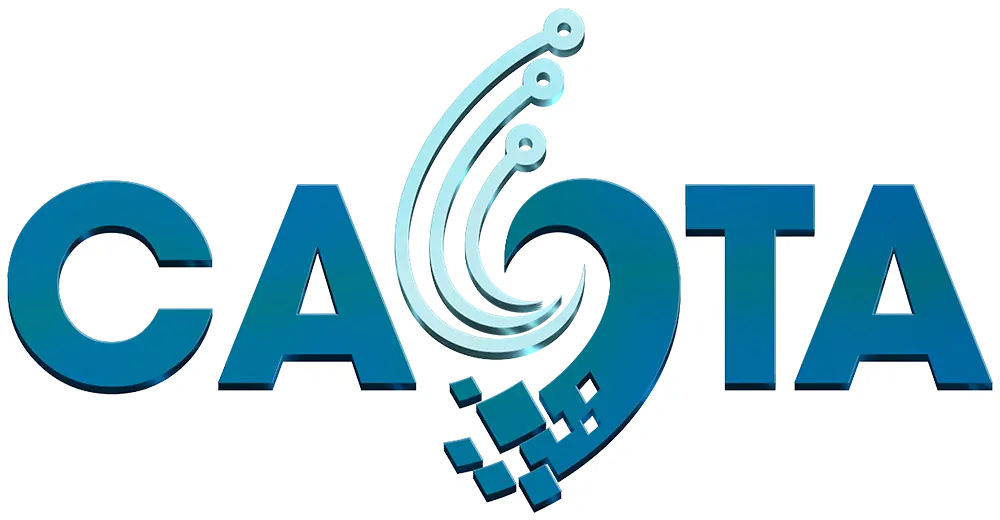Amid growing water scarcity driven by climate change, population growth, and rapid urbanization, water pollution has emerged as a critical challenge to sustainable development. Untreated wastewater not only directly harms human health and ecosystems, but also degrades surface and groundwater sources, increasing the cost of domestic water extraction and treatment. In response to this situation, the application of wastewater treatment and reuse technologies is considered an optimal solution for water resource protection and the promotion of green production.
One of the most advanced wastewater treatment technologies today is membrane filtration, which includes ultrafiltration (UF), reverse osmosis (RO), and nanofiltration (NF). These membranes can remove up to 99% of pollutants, bacteria, and heavy metals, producing high-quality reusable water for industrial purposes, irrigation, or even drinking after additional treatment. The adoption of membrane technologies has been implemented in numerous industrial zones, export processing zones, and major hospitals across Vietnam, significantly reducing the volume of discharged wastewater while conserving freshwater resources.

At the same time, biological treatment technologies are being prioritized for development due to their environmental friendliness and long-term effectiveness. Systems such as the Upflow Anaerobic Sludge Blanket (UASB), combined aerobic Membrane Bioreactor (MBR), and compact Sequencing Batch Reactor (SBR) are being increasingly deployed. These technologies utilize microorganisms to decompose organic matter and nutrients in wastewater, generating less sludge compared to traditional physico-chemical methods. Notably, indigenous microbial strains can adapt well to specific local conditions, thereby enhancing treatment efficiency.
A promising modern trend is the combination of centralized and decentralized wastewater treatment models. In densely populated urban areas, centralized systems ensure high performance and uniform management. Conversely, in rural or remote areas with limited infrastructure, small-scale, automated, and user-friendly treatment models are more suitable. Mobile wastewater treatment units, improved biofiltration tanks, and compact filtration systems deployed at households and rural schools have helped reduce environmental pressure while raising public awareness of water resource protection.
Beyond treatment, wastewater reuse plays a vital role in the circular economy. Treated wastewater meeting safety standards can be repurposed for various uses, such as irrigation, street cleaning, industrial cooling, or groundwater recharge. In many industrial parks in Binh Duong and Ho Chi Minh City, treated wastewater is recovered and reused for machinery cooling systems, saving hundreds of cubic meters of clean water daily. This model not only reduces production costs but also enhances corporate images associated with environmental responsibility.
To strengthen the effectiveness of wastewater treatment management and quality control, real-time automatic monitoring technology is also being adopted. These systems include sensors, data collectors, and AI-integrated analysis software that continuously monitor key indicators such as pH, COD, BOD, and turbidity. The collected data is transmitted to control centers or relevant authorities for prompt incident response. As a result, operating units can proactively address problems and ensure better compliance with environmental regulations.
However, to fully integrate wastewater treatment and reuse technologies into daily life, close cooperation among government, businesses, and citizens is essential. The government should complete the legal framework and establish financial mechanisms to encourage investment in wastewater treatment technologies. In addition, incentive policies such as tax reductions, loan support, or wastewater discharge fee exemptions for businesses applying reuse technologies should be actively promoted. Meanwhile, the public needs education and training on the importance of wastewater in sustainable development, aiming to shift water usage behaviors and perceptions.
In the era of green production and circular economy, wastewater is no longer merely waste—it has become a valuable resource. Applying technology to transform wastewater into a usable resource not only mitigates environmental pollution but also opens new avenues for nature-friendly economic development. Wastewater reuse—if implemented comprehensively and creatively—will be a key solution enabling industries, especially agriculture and manufacturing, to advance toward a sustainable future.
Ngày đăng: 16-06-2025

